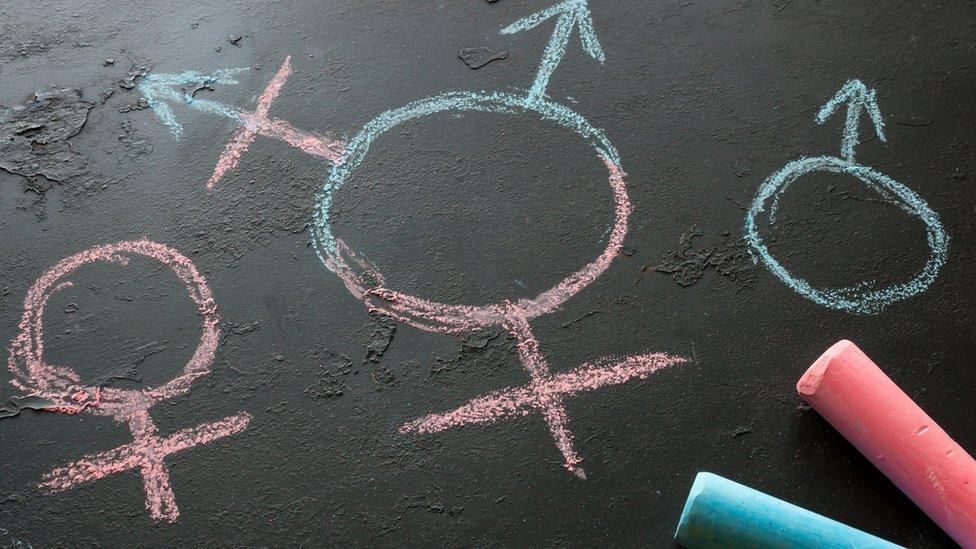Gender identity support service calls 'rise sixfold'
- Published
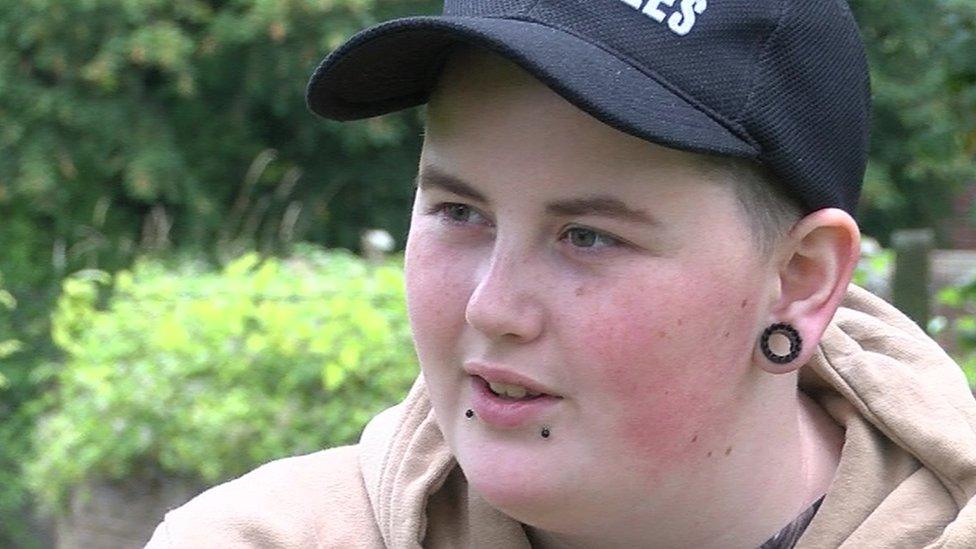
James Scott said he "suffered real pain every day"
The number of people seeking help with gender identity issues has increased by almost six times in the past six years, according to a support service.
Intercom Trust, which helps the LGBT community in the south-west of England, said 309 people came forward in 2017, up from 55 in 2011.
It says the majority of these cases involved children, young people and their families.
There is currently a four to five month wait for face-to-face support meetings.
More on this story and other Devon and Cornwall news
A spokesperson for the service, which is funded by the local clinical commissioning groups and the Big Lottery Fund, said it receives the same amount of funding it did six years ago.
It is available for people in Cornwall, Devon and Dorset who are struggling with issues such as homophobic and transphobic prejudice and discrimination.
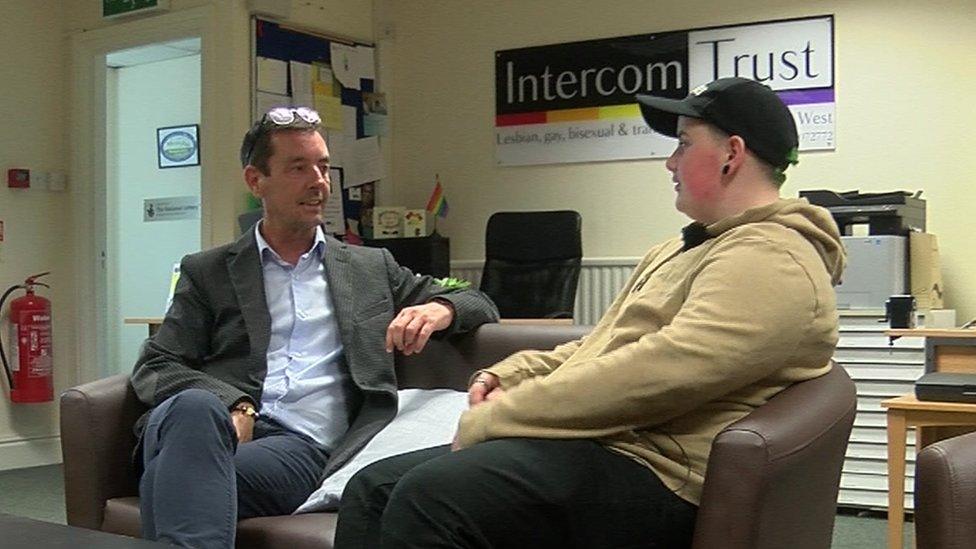
James Scott (right) tried to take his own life before getting support from Intercom Trust
James Scott, 17, from Devon, was born a girl but is now living as a boy and wants to undergo hormone therapy and surgery to change sex.
He said he knew from the age of four that he "didn't feel right" being a girl, but hit crisis point when puberty began at the age of 12.
"That was when it hit rock bottom in terms of emotional inner turmoil because I couldn't express it, I didn't know how," he added.
James came out as transgender at the age of 14 with help from Intercom Trust and believes he "may not be here today" had he not had their support.
Andy Hunt, deputy director of Intercom Trust, said: "Some people think it's this new phenomenon and it's not... It's always been there, I just think society's so much more accepting of people, but there is a long way to go."
There has also been a rise in referrals to the NHS Gender Identity Development Service (GIDS) part of the London-based Tavistock and Portman NHS Foundation Trust.
More than 2,000 under 18s were referred for help due to difficulties with their gender identity in 2016-17.
Dr Polly Carmichael, GIDS director, has previously said there had been "significant progress towards the acceptance and recognition of transgender and gender diverse people", coupled with a greater awareness of treatments for adolescents.
- Published7 August 2017
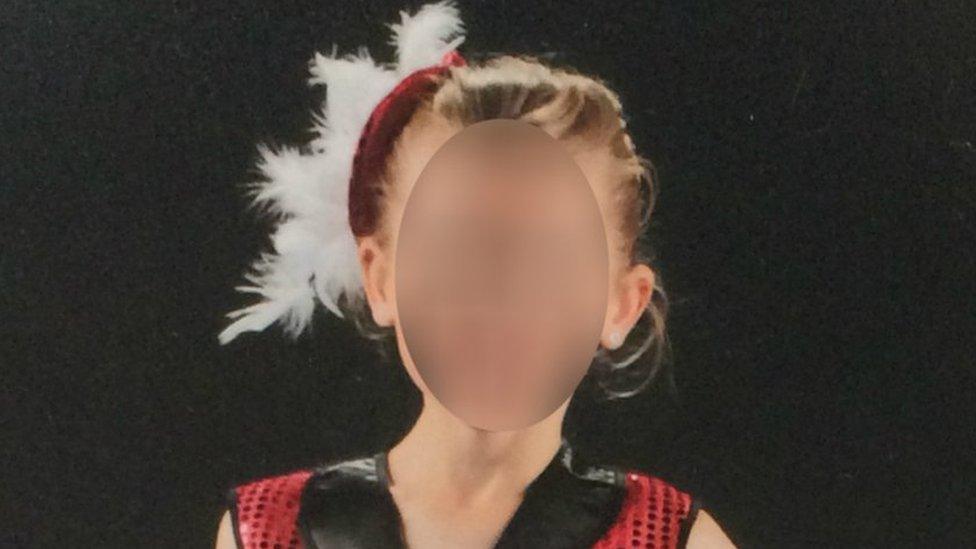
- Published5 October 2017
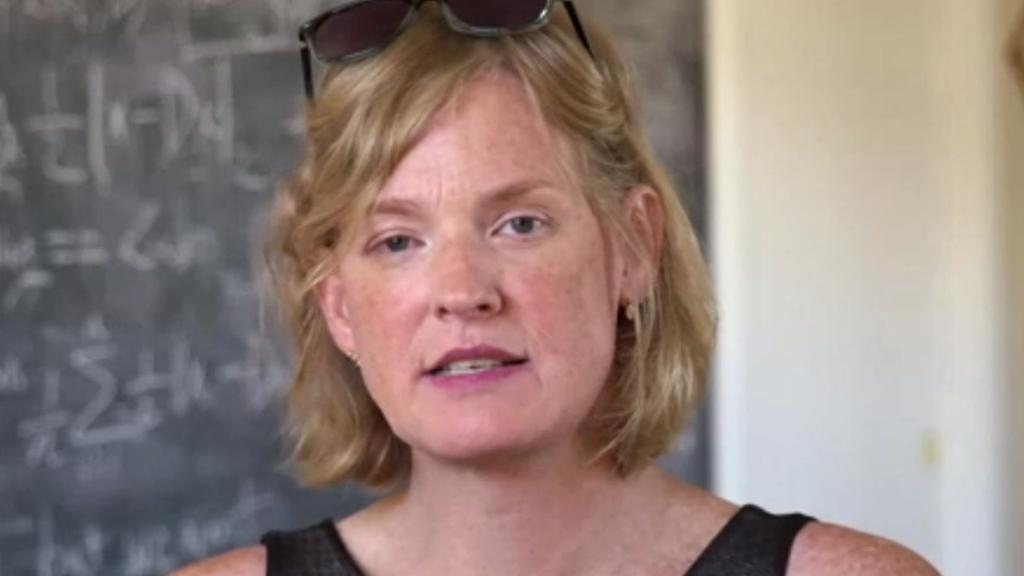
- Published4 October 2017
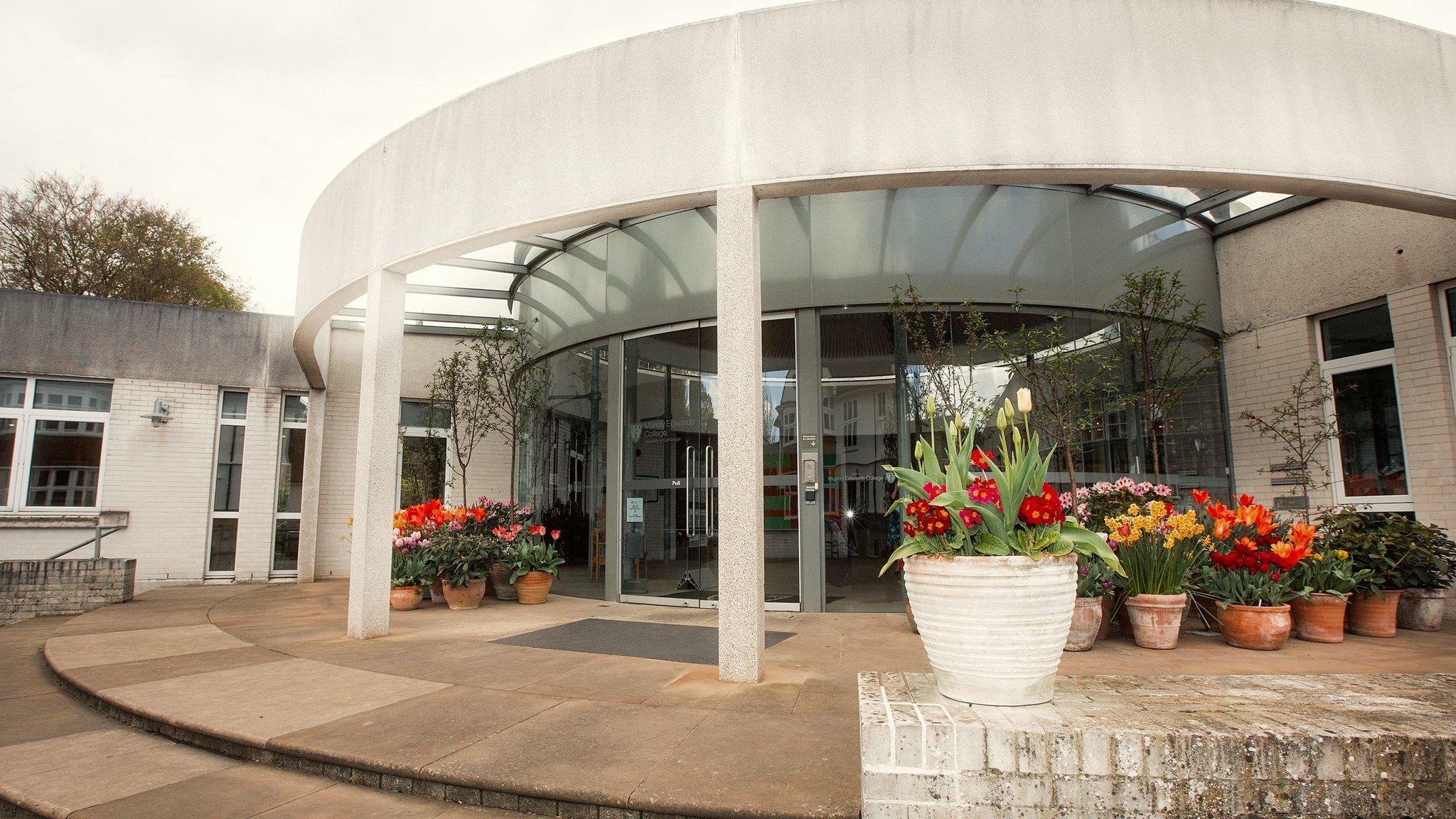
- Published25 September 2017

- Published25 September 2017
